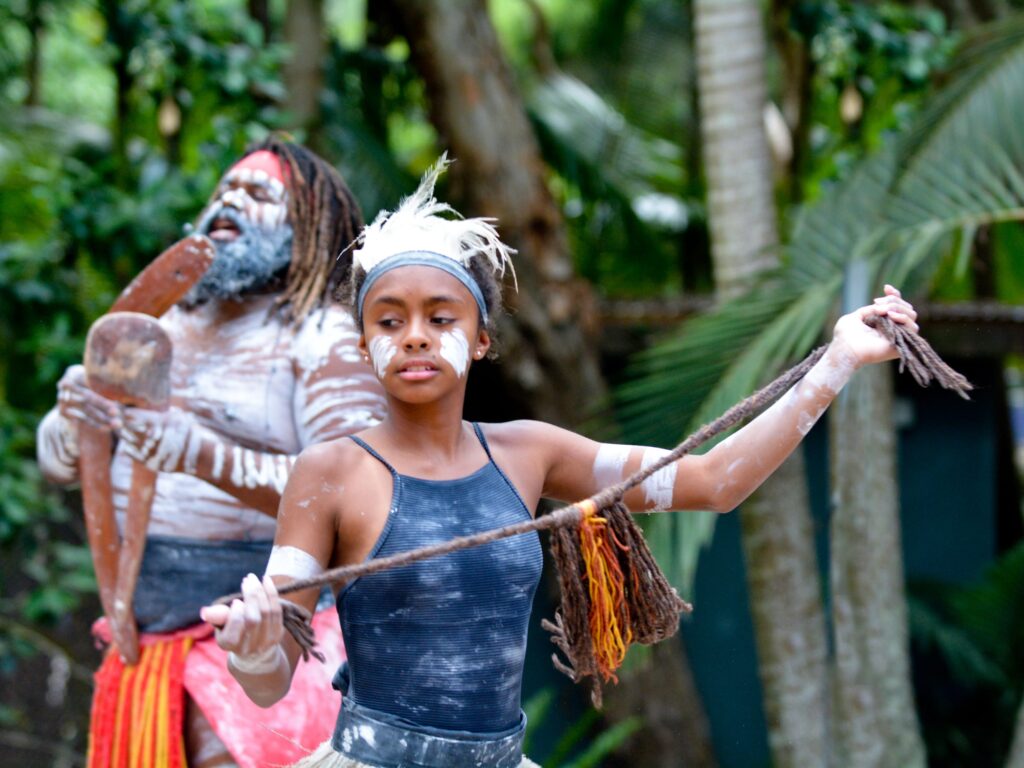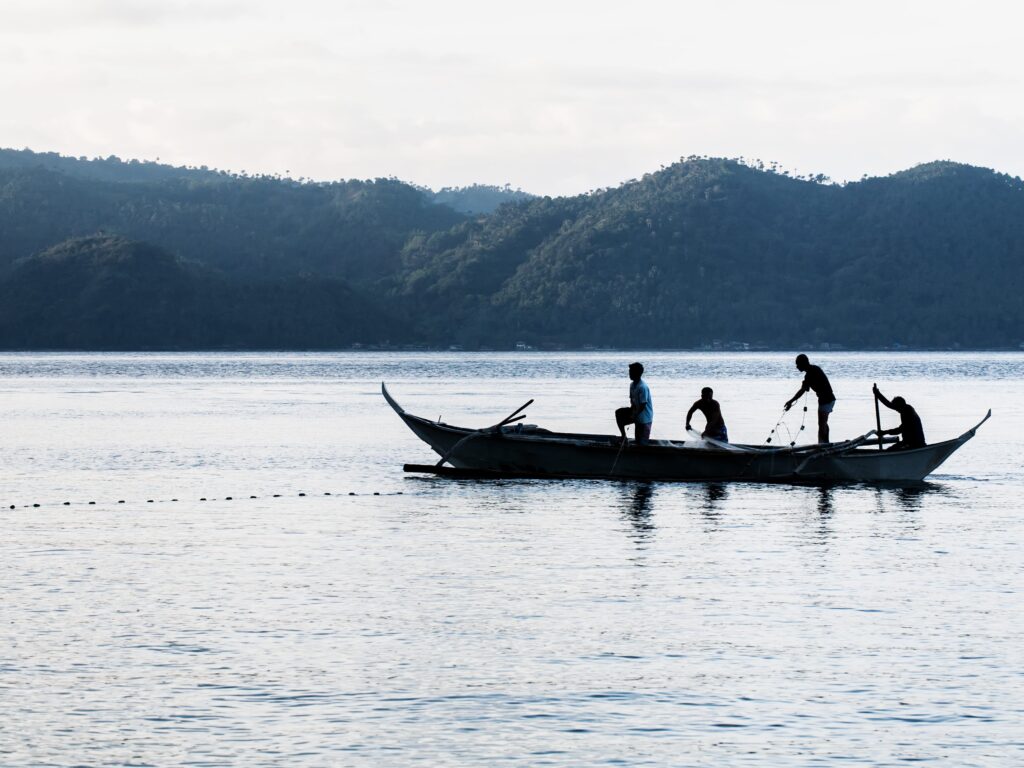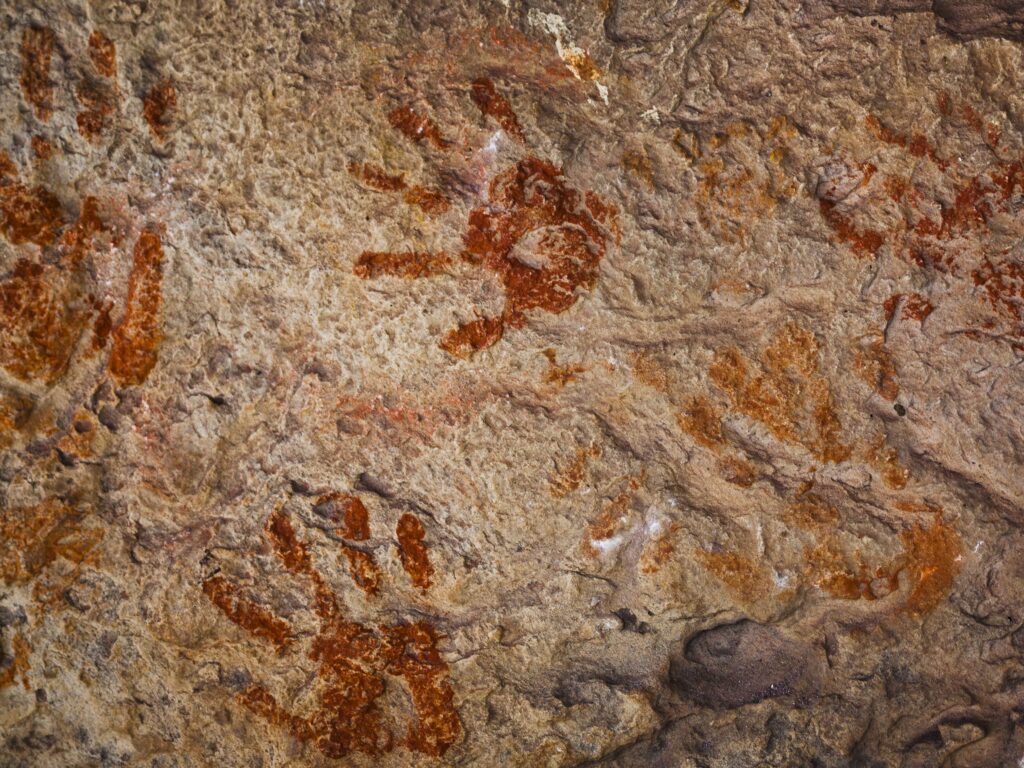Welcome to the Anti-Colonial Research Library
This Library holds a collection of open-access articles and books, websites, and YouTube videos on Indigenous and anti-colonial research methodologies. If you are looking for practical examples from different parts of the world and want to know more about these research methodologies, start here!
Use the search terms provided or enter specific keywords in the search fields that best describe what you are looking for.
Popular Searches
Keyword Search
Featured Resources
Featured Resources

Decolonising qualitative research with respectful, reciprocal, and responsible research practice: A narrative review of the application of Yarning method in qualitative Aboriginal and Torres Strait Islander health research.
Background: Indigenous academics have advocated for the use and validity of Indigenous methodologies and methods to centre Indigenous ways of knowing, being and doing in…
Rongomātau – ‘sensing the knowing’: An Indigenous Methodology Utilising Sensed Knowledge From the Researcher.
The paper offers a methodology, stimulated by an Indigenous-Maori context, called rongomatau, or ‘sensing the knowing’. Rongomatau recognises the researcher as an absorbent being, with…
Systemic disruptions: decolonizing indigenous research ethics using indigenous knowledges.
Research involving and impacting Indigenous Peoples is often of little or no benefit to the communities involved and, in many cases, causes harm. Ensuring that…
“It’s more like it doesn’t even exist”: Stories of hauntings as a way of resisting colonial elimination of Sámi presence.
In this article, I explore how haunting as a theoretical concept is useful for analyzing the emotional effects of colonization and forced assimilation of the…About The
Anti-Colonial
Research
Library
There are many excellent resources on Indigenous and anti-colonial research methodologies with a practical focus.
This Library brings together open-access resources and links from several countries in one location for ease of reference and to help with an initial search for key examples. Launched in 2023, the site promotes the work of First Nations and majority-world scholars to reduce citational injustices. While the Library reflects the dominance of anglophone scholarship, we hope to expand the collection to include resources in multiple languages.
Contribute
We would like to grow the Library.
Share your suggestion here:
